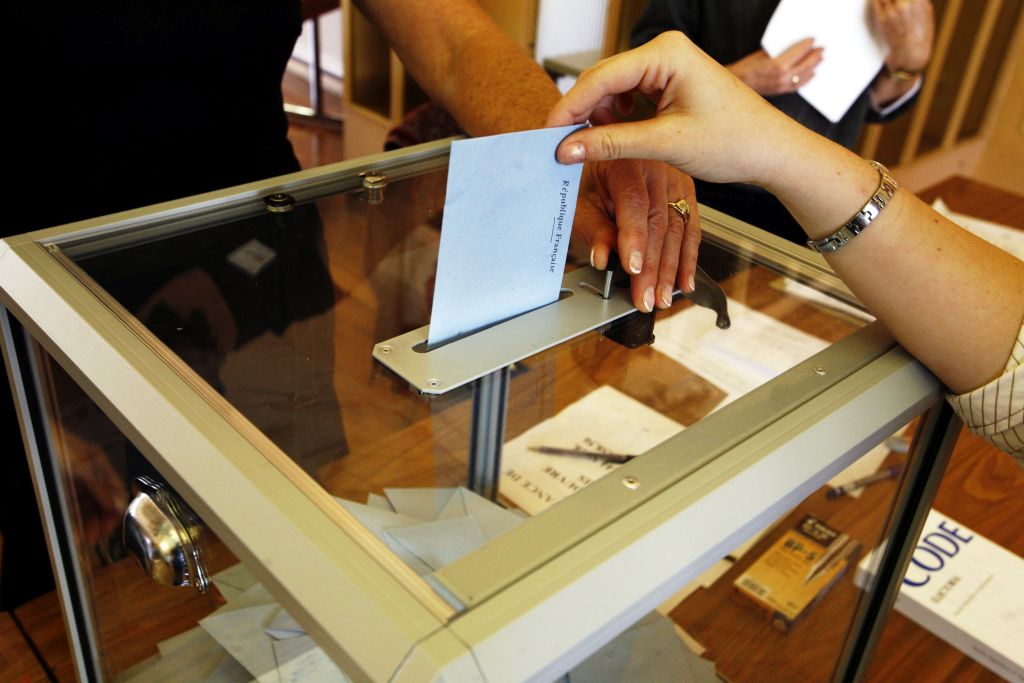Will 2016 be the ‘Year of the Initiative’?
The Legislature is back in town this week but in the major policy issues department the Legislature is likely to be a sideshow in what can be labeled the Year of the Initiative.
 With a rush to place measures on the ballot because of low signature requirements to qualify a measure, cheaper costs to file an initiative (a minor factor), and, especially, the lure of higher turnouts during a presidential election with all initiatives now legally bound for the November election rather than the June primary, the initiative process has become catnip for policy entrepreneurs and special interests.
With a rush to place measures on the ballot because of low signature requirements to qualify a measure, cheaper costs to file an initiative (a minor factor), and, especially, the lure of higher turnouts during a presidential election with all initiatives now legally bound for the November election rather than the June primary, the initiative process has become catnip for policy entrepreneurs and special interests.
Consider what the voters could be facing in November via the initiative process:
- Increasing the minimum wage to $15 an hour.
- Legalizing marijuana.
- Deciding whether to eliminate the death penalty altogether or speed up the process so that those receiving a death penalty would not linger so long before the sentence is carried out. There are two competing measures filed.
- Banning one-time use plastic bags (a referendum that has already qualified) and perhaps requiring paper bag fees to end up in an environmental fund (a bit of revenge against the grocers that supported the plastic bag ban and reap the payments on paper sacks).
- Bar state agencies from paying more for prescription drugs than the lowest price paid by the federal Department of Veteran Affairs, which typically negotiates the best bulk rates from drug companies.
- New gun control measures, especially background checks for ammo purchase.
- $9 billion in state bonds for school construction.
- A requirement that all revenue bonds of $2 billion or more receive a vote of the people, designed we are told by observers, to undercut Gov. Brown’s Delta Tunnels plan.
As appears in many advertisements, this is only a partial list.
Then there are the many tax measures:
- A 230 percent increase in cigarette taxes adding $2 a pack.
- A continuation of the Proposition 30 taxes of 2012 on upper-income earners that was originally passed as temporary. There are two different measures dedicated to that purpose.
- A tax increase on property valued at $3 million and more to fund poverty programs.
While the legislators’ role in big policy decisions this year might be diminished in light of a ballot full of propositions, let’s not forget that elected officials can and will play prominent roles in various initiative campaigns.
Lt. Gov. Gavin Newsom has embraced marijuana legalization, the minimum wage and background checks on ammunition purchases. You would expect Newsom to husband his money for his coming gubernatorial campaign so his role would be that as a spokesman and advocate and, perhaps, fundraiser.
Not so with Gov. Jerry Brown. He’s already hinted that the $20-plus million sitting in his political account could be used in ballot battles. A prime consideration would be the defeat of the revenue bond vote requirement that could scuttle some of Brown’s big plans.
When all is said and done by the end of this year, it appears likely voters will serve as the legislators making big policy decisions.
Editors Note: The American Progressive Bag Alliance sponsored a media dinner hosted by Calwatchdog to discuss and debate the plastic bag ban with journalists in Southern California.
Related Articles
Sacramento preparing to seize property for arena
SACRAMENTO — Before the City of Sacramento races to spends $200-$300 million of public funds to build a professional sports
Brown Declines Press Club Invite
Katy Grimes: Gov. Jerry Brown has declined an invitation to speak to the Sacramento Press Club – and what a
Welfare as Wave Life: Don’t Blame it on Rio
As the Los Angeles Times noted last year, welfare “clients,” as the system calls them, were using their Electronic Benefits



